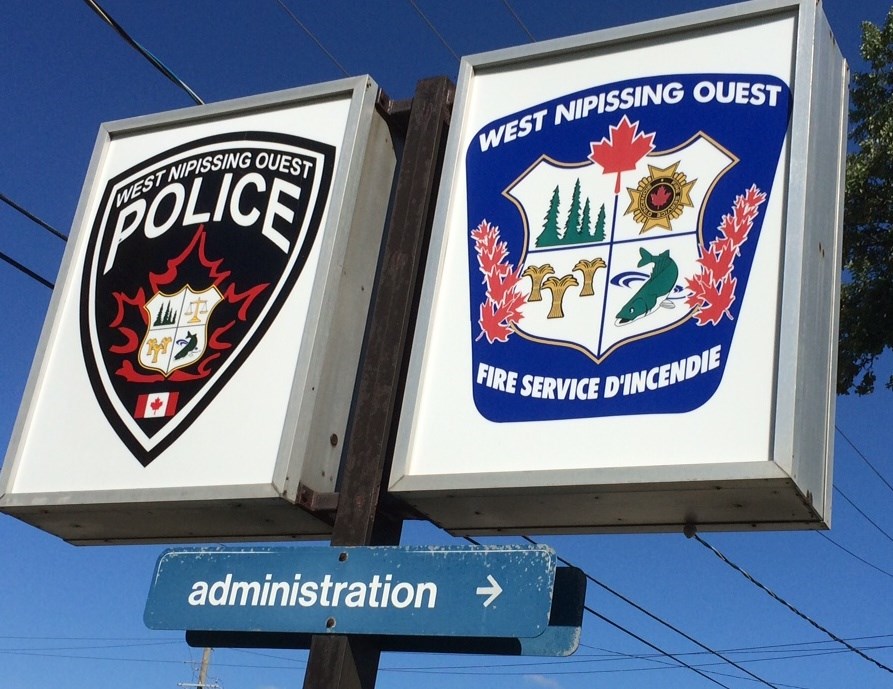In just six weeks the OPP will take over policing in West Nipissing, displacing the local service.
The transition is almost a year overdue.
The OPP originally proposed an October 2018 transition but following a judicial review dismissal, the date was changed to this past February and now has been delayed until June.
CAO Jay Barbeau provided the town council with an update during a meeting Tuesday.
“By noon on June 6, the transition will take place. There will be some communication prior to, to inform the public on what numbers to call and so forth,” he says.
Barbeau confirmed that behind the scenes work has been well underway with current officers waiting to hear if they're being brought onto the OPP.
A detachment commander is expected to be selected early next month and work on the temporary detachment site continues.
OPP has confirmed the John Street location is suitable. The renovation cost is estimated at $315,000. The temporary facility will serve as a platoon housing with some administrative services.
Original assumptions were that the town would cover all of the costs to build and maintain a permanent facility, with an estimated construction cost of $8,000,000.
The Province has since confirmed that it will contribute to the construction and maintenance, leaving the town's share at 52 per cent
One time exit costs were projected to be $2,518,709 (comprised of respective severance payments and estimated pension adjustment).
Due to delays in transition the town now anticipates it will save money by having the OPP replace the local force in five years.
The town expects that with shared building costs and reallocations, projected yearly savings are estimated at million dollars.
"Operating costs of policing will be substantially lower once the transition to the OPP occurs," says the town's website. "We have kept the police expenditures at the same levels as if the WNPS were to continue providing service. We will be utilizing these savings to assist with the transition costs. We will also be utilizing our general reserves and some short term financing for the next few years to assist with the transition costs.
"Once the costs have been covered, we will then replenish the general reserves to original levels. Reserves by their very nature are utilized for this purpose. Once the transition expenses have been covered and the reserve position has been replenished to the Treasurer’s and Council’s comfort, the decision to reallocate savings will be brought to Council as part of regular budget discussions. This will include such options as passing the savings along to the ratepayers or reinvesting in other needs."



